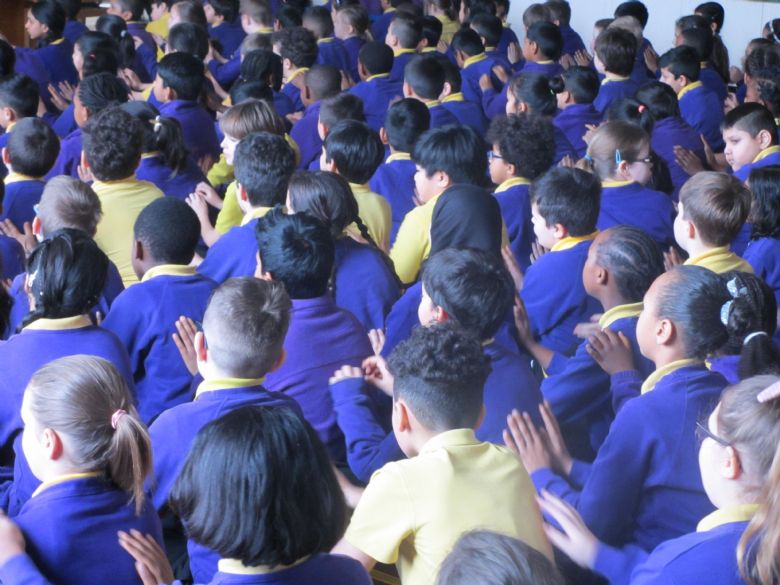Calm Start
At Laurance Haines we ensure all the children begin their day with a Calm Start. On entering their classrooms, the children are greeted by the teaching team, check-in with the zones of regulation, before taking part in a range of strategies including, mindfulness, yoga, peer-to-peer massage, read quietly or experience a social or emotional skills activity.
The Calm Start aims to:
• Settle children in readiness for their day
• Diminish or leave behind any worries which may negatively impact on their day
• Build independence and social skills
• Give more time for children to express their feelings, thoughts and ideas
• Build confidence when talking and sharing with others
• Develop self-acceptance
• Build an understanding of emotions and empathy
The benefits of a calm start to the day are felt by all. Most importantly, our children are more relaxed, happy and ready to learn.
Our children experience fun, interesting and exciting learning, focused around a variety of practical activities with tangible outcomes. All primary age groups are taught the subjects specified in the National Curriculum: English, mathematics, science, computing, geography, history, art and design, design and technology, physical education, music and a modern foreign language (KS2). Religious Education and Personal, Social, Health and Emotional Education are also taught in addition to the above subjects. However, our curriculum is not restricted or defined by the National Curriculum, which simply provides a framework for our teachers. Our teachers provide a wide range of experiences that promote and develop skills beyond those referred to throughout the National Curriculum.
Following the Calm Start, each morning is dedicated to the teaching and learning of key skills in reading, writing and maths. The rest of the school day is then dedicated to these skills being applied in various different and creative ways through a range of learning experiences that reach the wider areas of the national curriculum and beyond. However, teachers and classes have the freedom, and are encouraged, to be immersed in these learning experiences and not always be restrained by sticking to timetables

